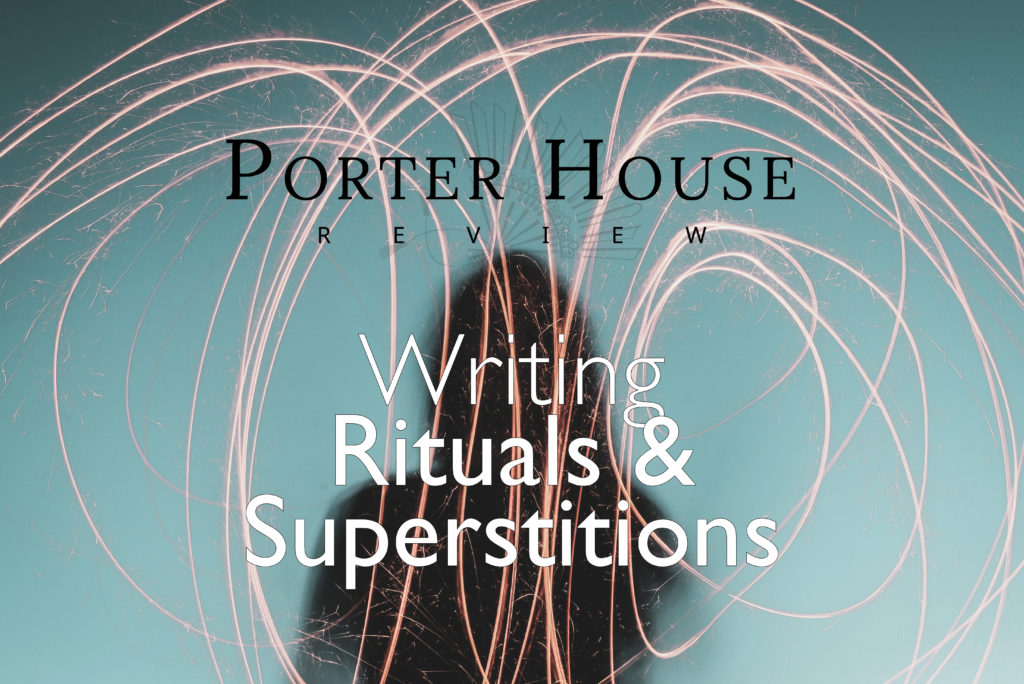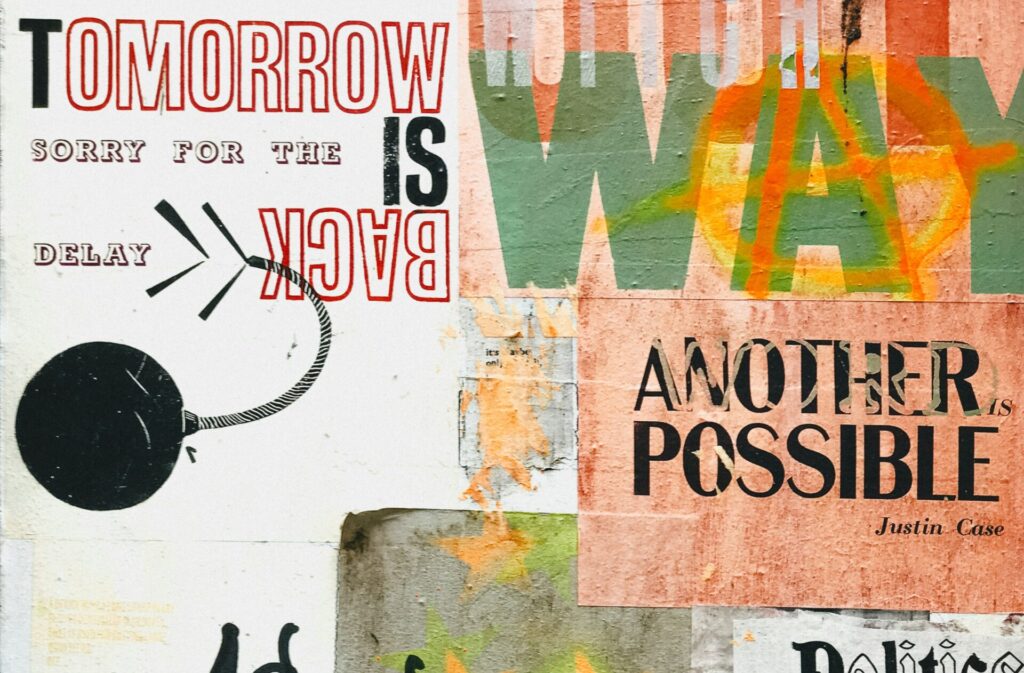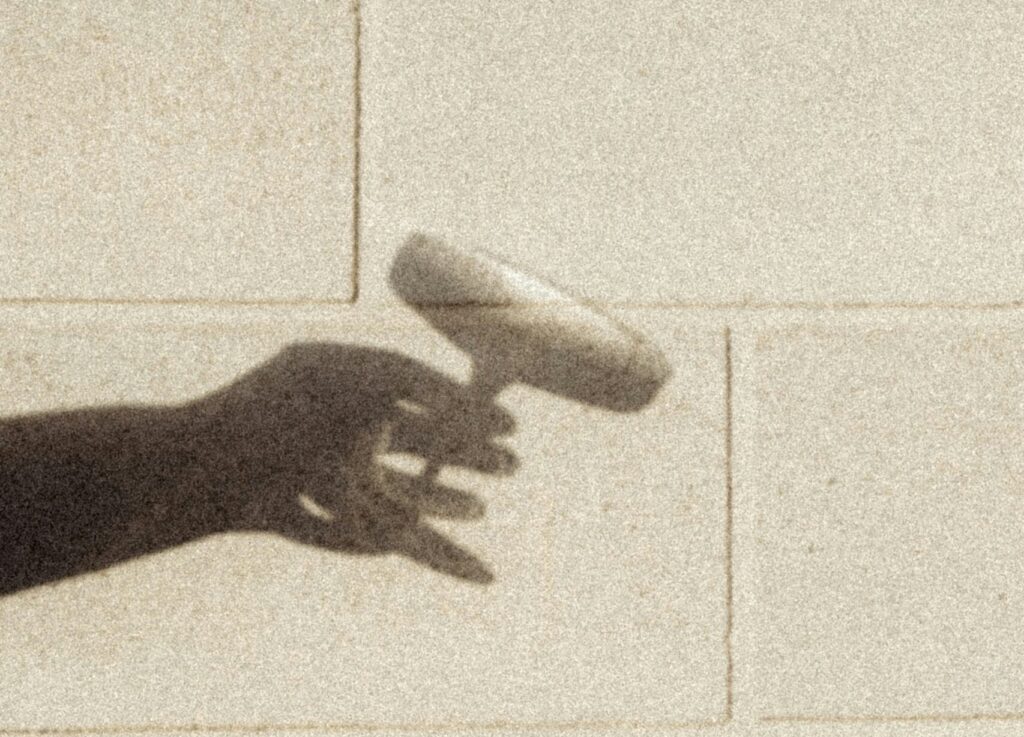Porter House Reads: Writing Rituals & Superstitions

I want to preface this by saying that I am not a person with many superstitions, but . . . I’m pretty sure that writing fictional events sometimes summons similar events into reality. My fiancé tells me that this just the natural interplay of art and life, but on four notable occasions, I have finished writing for the day only to find the climaxes of my stories rearing their Hydra heads in my life. This has involved tornadoes, apartment-ruining fires, and other calamitous events. So, needless to say, there are some stories that I have vowed never to write.
Kaitlyn Burd, Fiction Editor
I write a lot in my head while driving. Whether it’s the sound of the road or the smooth rhythms of steady forward motion, driving always puts me in a creative headspace. And—both because I have other things I need to be paying attention to (like driving) and because I need to make sure I remember whatever lines I come up with after the fact—it forces me to slow down. Usually I’ll repeat a phrase (out loud), changing or adding words along the way until I’m satisfied enough with the result, enough that it sticks. When I’m actually putting pen to paper, I either prefer a bench near the fountain outside of Flowers Hall or my kitchen table.
Asa Johnson, Poetry Editor
My writing process is less a process than a series of eclectic deferences to mood. I end up doing most of my work at night, though when I’m coming up on a deadline, you might find me at my desk at any hour. I don’t write every day. I used to judge myself a failure by this metric, but I’ve learned that not taking days off is detrimental to my writing. A few years ago, I bought an hourglass with purple sand, hoping to inspire a regular practice of writing for an hour at a time. I’ll be honest, it doesn’t always work. But I’ve found that expecting a singular routine takes the joy and surprise out of writing for me. I write when I feel like it, and also when I don’t. I write when it’s convenient, and when it’s not. I write when I’m on deadline, and when I’m not, because varying states of mind allow me to see my work from different perspectives.
Natalie Brown, Reviews Editor
I don’t have one. Maybe I should? Couldn’t hurt at this point.
Frank Burch, Field Notes Editor
Before anything: lavender. I infuse the air with manifold flowers until an invisible garden fragrances itself into being, and I bask in the incenses’ midst. I love to have something to sip. Water, coffee (black and dense, basically motor oil), or tea—if I want to feel dainty, or earthy, or filled with honey-sweetened petals liquifying. I smoke; I’m wondering now if it’s because I need to see my mouth make proof of itself. Or perhaps it is a need to internalize fire: to produce fire. I wonder if dragons delight themselves in this way. Often I can’t help gazing off in trance, waiting for the right word to materialize beneath the unveiling, that mist of cigarette or indecision dissipating. Sometimes this gaze intentionally focuses on passersby: curious, scrutinizing. Dazzled. I regularly feel compelled to write in public settings but prefer my porch with its dirty blue chairs. I pretend the same squirrels visit me, and inevitably at least one of my four cats perches behind the glass door, my adoring audience. I recite a poem for them, acknowledging if anyone leaves during my reading.
I aim to finish writing each poem in one sitting, wanting constancy of mood. This last personal challenge—to complete a working draft of a piece in continuous time rather than “come back to it,” which has cluttered my computer with fragments—has productively altered my writing practice to one that dares to investigate myself further, to interrogate and reevaluate and wait. Overall, in my writing, I aim to wait for the poem to tell me when it is done.
Emily Ellison, Interviews Editor
I learned a long time ago there is no magic formula to writing—no special pen or certain paper, hot beverage or playlist that, if I use or drink or listen to it will make the work of transferring thought to paper any easier. To that end, my writing life might look chaotic to those on the outside. It has no real rhythm or pace, no set practice or ritual. It is spurtive and unpredictable, like my life. But there are elements of it that I hold to steadfastly, and those are reading profusely, walking or moving my body every day to process my thinking, and writing down my thoughts as soon as they occur. That last part is why I have endless receipts, post-it notes, envelopes, and other various scraps of paper with notes jotted on them languishing at the bottom of my bag. When I do sit down to write, rifling through all those notes I’ve jotted gives me an instant foot into whatever project I’m working on (an insight into my mind, really), and allows me to get into the page faster and make more progress than I would have otherwise been able to do.
Rachel Spies, Podcast Editor
In my writing experience, I’ve mostly been exposed to rhetorical and theoretical writing styles. My collegiate writing primarily entails critical and formal analyses or reviews, mostly of artwork. So when drafting anything, I have to purge what I’m thinking in response to said artwork by physically writing out on paper the formatting of the argument, to translate my thoughts into essay form—or argument-in-writing form? I just have to compartmentalize each point in the thought process of my interior dialogue. Then I pull various quotes from whatever I’ve read into that said artwork evoked for me, organizing them under each point I’ve written out, as sources to, “support,” my argument, if you will. I just have to physically write it out on paper; organizing the main structure by hand and making sense of my intuitive judgement by referring to theories, texts or writers I’ve been drawn to in my personal reading and research – physically going back and flipping through to relocate those words and ideas. And then I think on it, sleep on it, and repeat, endlessly, forever.
Caroline Frost, Art Editor
A writing practice is a special kind of devil—hard to develop, harder to sustain. You can sift through Paris Review interviews for nuggets of insight. You can test various methods—light a candle, open a window, extinguish the candle. Sit at the desk, then move to the bed, then back to the desk because there aren’t enough pillows on the bed for your lower back. You can curse the blown-out candle for making your room smell like a birthday party. You can get distracted by a surge of irrational anger at the birthday candle smell, then remember that there is feta cheese in the fridge. This will make you happy, because feta cheese makes you forget fiction writing, which often makes you sad.
In all seriousness: my writing practice centers around diffusing my restlessness. Blessed are those who make use of those little Field Notes journals, who can return to them at end of day for little bits character or scene—those bits slip through my mind like water through a sieve. I need a block of full, undivided attention. In bed or in a coffee shop, at my desk or a library carrel—whatever works. Phone off, coffee nearby (water or tea, if it’s late in the day), a little space to get up and pace if I need to. I have never been good at routine—could be 11am, could be 6pm.
This world is engineered to take your attention and place it squarely on immediate pleasures—social media updates, advertising, endless consumption, on and on. Writing has its pleasures, of course, but rarely are they immediate. As a result, I have to yoke myself to the work—moving steady, looking forward, focused on the earth in front of me.
Ali Riegel, Copy Editor
I actually try not to have a writing ritual, so that I don’t come to rely on any one thing. But when it comes down to it, I really love going to cafes and libraries to write, and always need a coffee in hand (to the point where if a place I go has restrictions on bringing drinks in, I WILL sneak in my coffee somehow. No qualms here).
Stephanie Grossman, Assistant Public Relations Manager
During a generative writing period, the moments before sitting at my desk to work can be exciting or stressful (or a bit of both). I know the writing is going well if I can pause and the thought of returning to work consumes me. On the other hand, if I’m struggling with how to move forward, I feel frustrated by my inability to see a path for continuity. In either case, whether I’ve finished a successful or defeating writing session, I hope to keep the momentum or identify a breakthrough by exercising. While going for a walk or sweating at the gym, it’s vital for me to be unplugged from electronic devices. No music, no Twitter—just the thoughts in my head. Consistent physical movement simulates making progress, and dots that were previously obscure start to come into focus for my writer brain to connect. Soon I’m equipped to return to the desk with fresh eyes and new sentences.
Will Pellett, Content Editor
Scenario 1:
I stare at the floor as the coffee brews. Perhaps I eat a banana, perhaps I don’t. I consider sitting in meditation, but inevitably find some reason not to. When the coffee is ready, I come to my desk, open my notebook, and stare dumbly at the page. I click a pen and begin. Writing the first few sentences feels like driving a car through a blizzard. Five minutes pass, and I am amazed that I’ve written a single word, ever. I think of everyone in my life who does not write fiction—my brother, my girlfriend—and envy them. I mull over two options: 1) allow these thoughts to dissipate into the ether, take a deep breath, and write; or 2) lower forehead to the notebook and think about anything else but writing.
Scenario 2:
I wake up and hurriedly make coffee. I take a few furtive sips, arrive at my desk, and takeoff without thought or hesitancy. This morning, writing feels like swimming in a cool lake. There is no there to reach, no goal to achieve, no expectation from the process. Writing, ideally, removes any “I” from the picture. It’s simply what is, what must be done. Then, at some indeterminate point, I’ll emerge from the spell, sustained and nourished, and wonder how the work isn’t ever this breathtaking.
Scenario 3:
It’s 9:00 p.m., and I lie on the floor, wondering why I was born in a time and environment wherein technological stimulus is inescapable. It takes phenomenal reserves of strength to not give in to the screen and all its sorcery: the podcasts and emails and tweets and memes and headlines. All day I thought about writing—or, really, how I was not writing. And now I still will not write. I will lie here. Not writing.
Scenario 4:
Day after day, I return. Not because I’m trying to get somewhere, but because there’s no other option. Writing is as inextricable to my day, to my life, as drinking water. I know: it’s the writer’s paradox. So many of us are on this path, one forged of love and labor and necessity. Some days are impenetrable and impossible, others light and loose and liberating, others somewhere in the expanse between. Still we return. Above my desk, taped to the wall, I keep a quote: “You succeed, you celebrate, you stop writing. You don’t succeed, you despair, you stop writing. Just keep writing. Don’t let your success or failure stop you. Just keep writing.”
Brady Brickner-Wood, Managing Editor


